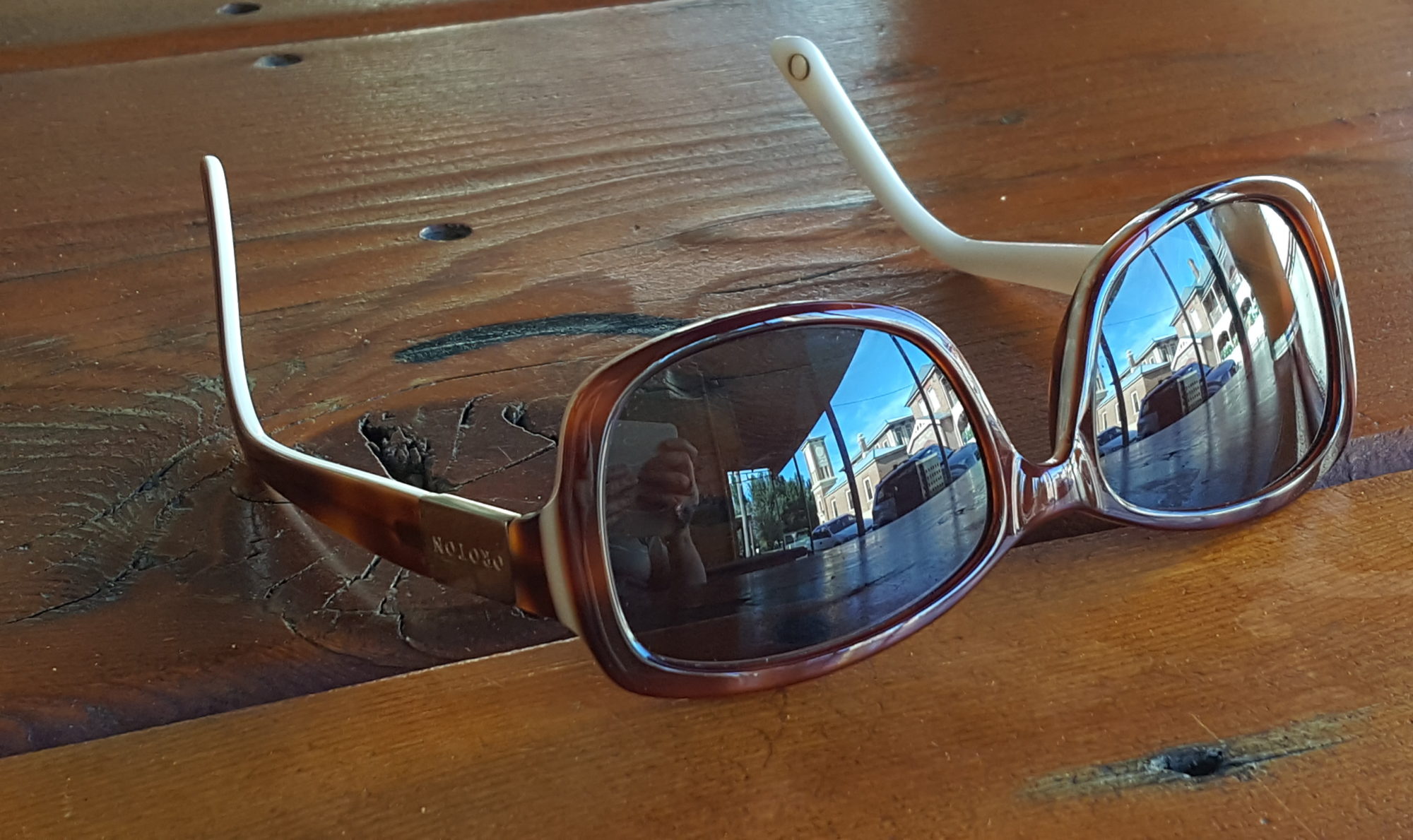 |
| Image courtesy of www.facebook.com/IronLadyMovie |
Today was a movie date with my husband, and we chose the new Margaret Thatcher biopic, The Iron Lady.
Let me be honest from the outset: my mother, an intelligent, articulate, hard-working Englishwoman, is now 90 years of age, and while she is not suffering from the dementia that Baroness Thatcher has been cursed with, as her daughter I often cry inside for the woman I once knew, rather than the woman I now know, as my mother. And so it was that I cried for Margaret Thatcher while watching this movie. I cried at the beginning, at the end, and many times during the telling of this unimaginable story.
That the film’s makers managed to bring Thatcher to the screen as a woman with true, honest feelings was a credit it to them. It would have been easy to follow a path where the former British Prime Minister was displayed as the cold, determined woman that the British press and her detractors would have us believe she was, and the film would have suffered greatly for it – it was her passion and love for her country and ideals that made her so strong and determined.
However, I’m still not 100% sure that I enjoyed this movie.
It’s good – no doubt about it – and Meryl Streep is, as always, fully deserving of every penny she was paid. That’s the thing about Streep – she’s not lazy, she doesn’t take her roles for granted, she works as hard as anyone could to bring her characters to life. Having said that, her support cast were pretty damned fine, too, particularly Alexandra Roach who plays Thatcher in her 20s, the gorgeous Harry Lloyd who plays the young Denis Thatcher, and the wonderfully warm and dependable Jim Broadbent who gave the mature Denis Thatcher possibly a bit more spark and intelligence than the British press of the time would have us believe he possessed.
The sets were fine, the script and acting fine, the costume and make up unfaultable, but I struggled with the flashback concept. I can understand why it was employed, rather than a straight linear re-telling of Thatcher’s decision to enter politics and subsequent events and decisions which led to her appointment as Prime Minister, but I found the movie as a whole disjointed, due to the way vignettes were employed to link the present with the past.
I suppose in a life as long and momentous as Thatcher’s, that the re-telling has to be restricted to vignettes to bring to the audience the many different things they need to know to understand this incredible woman, but I think it would have worked better had less focus been made of the now, and more of the then.
My other problem with this movie was the use of the odd ‘arty’ shot. At one point, Thatcher is seen, waist-up, gliding through the Houses of Parliament, followed by groups of men walking behind her. The same scene is repeated several times, with changes of outfits and changes of entourage/followers, but it seemed at odds with the general earthiness and reality of the rest of the movie. Another scene where a maidservant is hand sewing a button onto the gown Thatcher is wearing prior to attending a formal dinner sees members of her cabinet rotating in turns in front of her to say their piece, as if they were on a stage and the scene had been choreographed. Ironically, the dementia scenes where Denis comes and goes seemed quite ‘real’ to me!
Love her or hate her, you have to admire Thatcher’s will, her clear desire to try to bring Britain back to being a power to be reckoned with, rather than the cold, damp broken country it was rapidly becoming. And this movie truly does explore the idea that Thatcher was, first and foremost, a person, a real, living, human being, a parent, a citizen of a country, a worker, a learner, and, at the end of it all, someone who put their money where their mouth was and rather than sit and whinge, truly tried to ‘do something about it’.
Go, see it, learn – about Britain in the late 1970s-1990s, about people, about the sacrifices one must make to be a true servant of the public. And then admire the many thousands of people out there who are, in their own small way, not just in politics, but also in government, in charity and in volunteering, trying to ‘do something about it’, whatever their ‘it’ may be.
